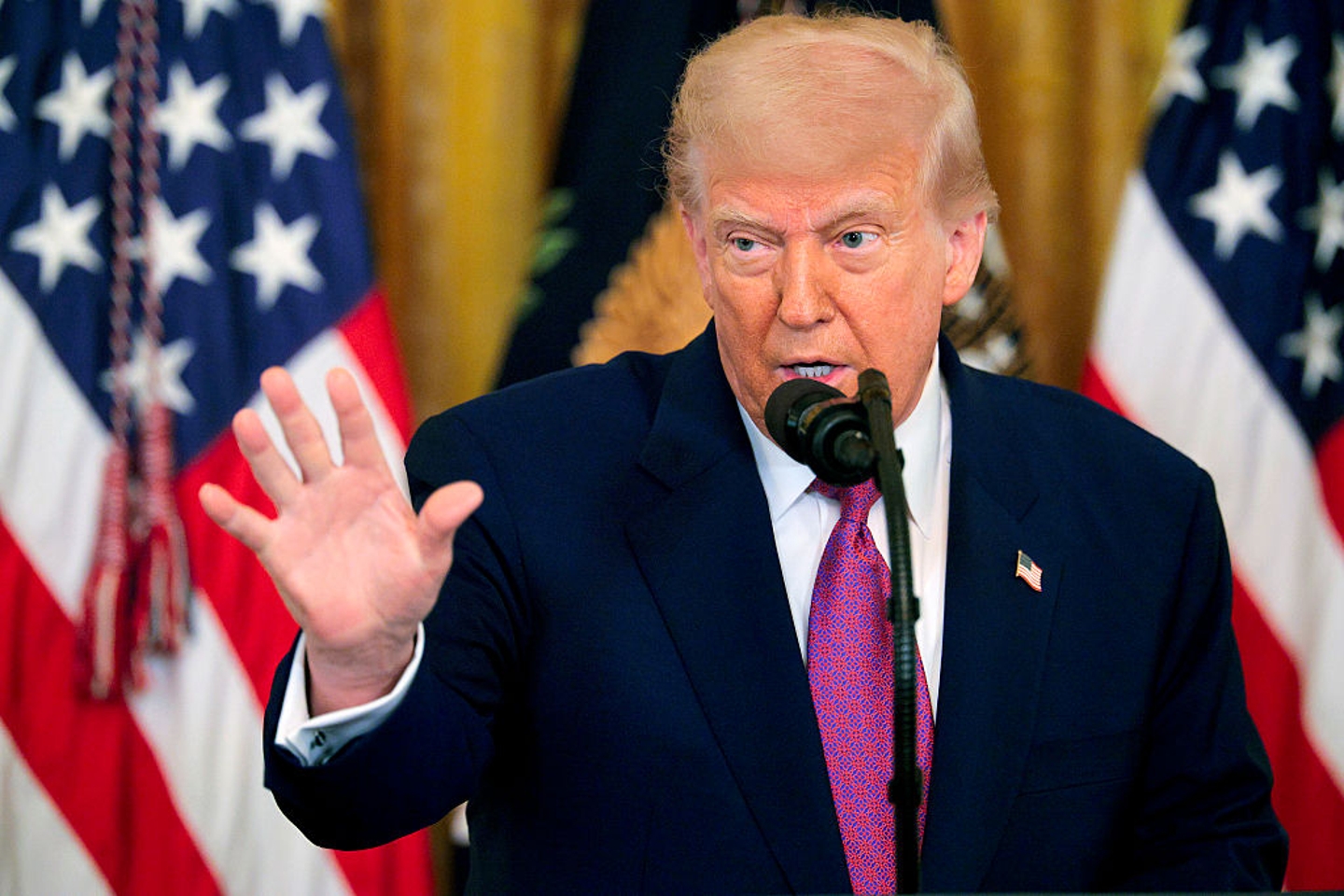A Decade-Old Clip of Trump Criticizing Obama Goes Viral Amid New Strikes Against Iran
An old video from 2011 featuring Donald Trump has resurfaced online, gaining fresh attention after he ordered a series of airstrikes on three major Iranian nuclear facilities.
In the decade-old clip, Trump openly accused then-President Barack Obama of plotting a war with Iran to secure a second term in office — a statement that has become especially ironic in light of recent events.
The video, first aired in November 2011, shows Trump sharply denouncing Obama, claiming that the former president was using the threat of conflict with Iran as a political tactic.
“He’s weak and ineffective,” Trump asserted in the recording. “The only way he can get re‑elected is by starting a war with Iran. It’s outrageous. You can’t risk American lives just to win an election.”

More than ten years later, that very clip has surged across social media platforms, triggering widespread discussion as tensions rise between the United States and Iran. The resurfacing came soon after Trump announced that American forces had conducted precision airstrikes against critical Iranian nuclear installations — including facilities at Fordow, Natanz, and Isfahan — as part of an operation dubbed “Midnight Hammer.” According to Trump, these facilities were “completely obliterated” in the attacks.
At the time of the original video, Trump positioned himself as a staunch opponent of starting a war for political gain. He promised strength, not aggression born out of desperation. Yet, in an ironic twist of fate, years later he now finds himself making military decisions reminiscent of the very approach he once condemned.
This isn’t the first time Trump has criticized Obama’s foreign policy. Between 2011 and 2013, Trump repeatedly claimed that Obama was plotting an attack on Iran for political advantage. In one tweet, he stated, “Watch for Obama to launch an attack in Libya or Iran. He’s desperate.”
In another, he asserted, “Obama will attack Iran to save face.” Yet, as president, Trump ultimately pulled the United States out of the landmark 2015 Iran nuclear agreement — a decision that deepened tensions between the nations and reinstated harsh economic sanctions.
More than a decade later, these tensions have come to a head. The recent military strikes, employing 14 precision “bunker buster” bombs, have reshaped the Middle Eastern security landscape. Critics and allies alike have expressed concern that this intensification of hostilities may spiral into a much wider conflict.

Meanwhile, former President Obama has weighed in on the state of American democracy and the perils posed by its current trajectory. Speaking at an event in Hartford, Connecticut, Obama expressed alarm at how far the nation has strayed from its democratic norms. “What we’re witnessing now doesn’t align with the principles we’ve upheld for generations,” he said. “It mirrors autocratic regimes — the kind where checks and balances are eroded, and leaders operate as if no one can hold them accountable.”
He warned that America is closer than ever to accepting a form of government where leaders dominate institutions, manipulate the rules, and justify aggression for political gain. “We’re not fully there yet,” Obama stated, “but we’re closer than we’ve ever been, and that should concern every citizen.”
Today, as tensions mount between the U.S. and Iran, these words have taken on new resonance. The resurfaced video of Trump and the recent airstrikes underscore the complex nature of international politics — a realm where conviction, opportunism, and ideology often collide. As the global community anxiously monitors the crisis, one thing is certain: the decisions made now will shape the future of peace and democracy, both in the Middle East and across the world.
